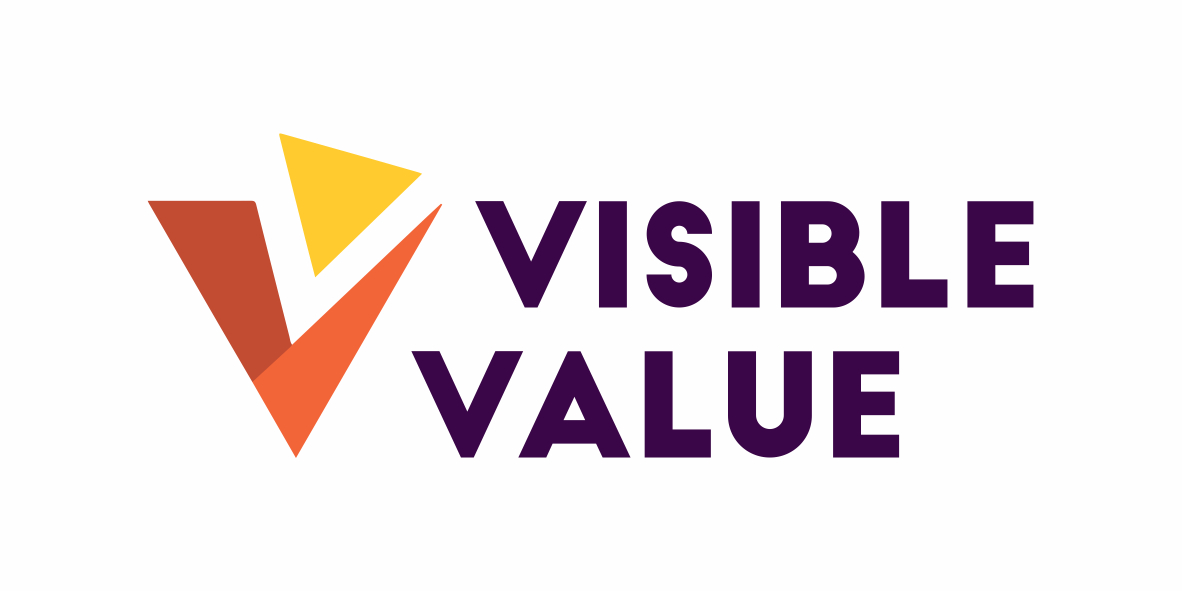Country Snapshots: Recognition of Youth Work
This section of the Visible Value aims to provide a quick overview of the state of the affairs about the recognition of youth work in the countries covered by EU-CoE Youth Partnership. In total it covers 53 country profiles (including 3 profiles for Belgium and 4 profiles for the UK).
The content in this section is based on several sources, including:
- Country reports on youth work collected by EKCYP correspondents: https://pjp-eu.coe.int/en/web/youth-partnership/country-information-youth-work
- EU Youth Wiki - an online platform presenting information on European countries' youth policies: https://national-policies.eacea.ec.europa.eu/youthwiki
- Forthcoming national contributions of the Non-programme countries to EU Youth Wiki
- An additional survey done by the editors of the Visible Value in 2021
The sources of information are indicated at the end of each profile.

Youth work takes place out of school and during certain leisure activities. It is based on the processes of non-formal and informal learning and voluntary participation. These activities and processes are organised as individual initiatives, with the consultation of young people or under the educational guidance of youth workers or voluntary youth leaders.
By providing appropriate opportunities, it promotes the individual, social and cultural development of young people, while taking account of their interests and needs. It also helps teach young people to support each other and live independently and sustainably. Furthermore, it aims to enable them to be responsible for themselves, take part in family and social life, contribute to democracy, resolve conflicts amicably and show tolerance towards different opinions, cultures and ways of life. It contributes to the physical and emotional welfare of young people and enables them to gain self-efficacy experiences and learn participatory skills.
Youth workers are defined in the Decree for the Promotion of Youth Work (Dekret zur Förderung der Jugendarbeit) as “a qualified person carrying out youth work in a professional capacity”. Compared to that, “volunteer youth leaders are persons carrying out voluntary unpaid youth work within a youth centre”.
In order to be eligible for funding, youth centres have to ensure – among other things – that their activities are supervised by professional youth workers or volunteer youth leaders.
If youth centres employ youth workers based on the decree, these youth workers must meet the following conditions:
a) present an extract from the criminal records showing no imposition of a custodial sentence of over six months;
b) either have a university degree in the social, educational or youth work area
c) or have the school leaving certificate or completed apprenticeship certification, prove sufficient experience in children’s activities and undertake after appointment as a youth worker to complete a training course in the youth work area approved by the government at the suggestion of the Youth Commission.
On a proposal by the Youth Commission giving reasons, the government may:
- recognise degrees other than the ones stated above as equivalent.
- approve training courses in another discipline than the one stated above, e.g. to cover a specific need.
The employment of youth workers is funded either by an annual lump sum grant according to the full-time equivalent (youth organisations) or by a grant covering running and staffing costs (youth information centres and outreach youth work). The employer is either the respective local authority, the open youth work agency or the Youth Office of the German-speaking community. The details of the grant are specified in a contract for services, whereby usually 87.5 % of the eligible proportion of the staffing costs of the youth workers are covered by the Government, providing the local authority makes a 12.5 % contribution towards these staffing costs.
The basic training organised by the Youth Commission leads to an “Accreditation Certificate as volunteer youth leader”. Other basic training courses that are not organised by the Youth Commission but meet general content criteria may also lead to an “Accreditation Certificate as volunteer youth leader”.
(From the Youth Wiki)

